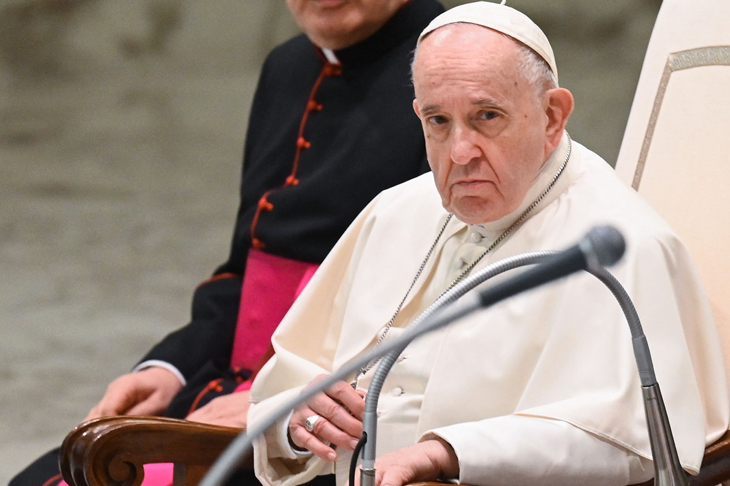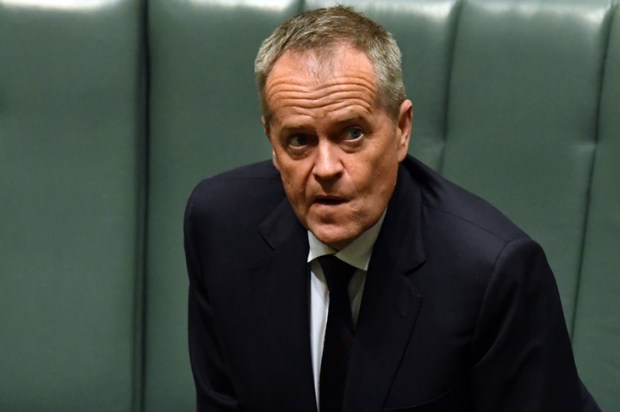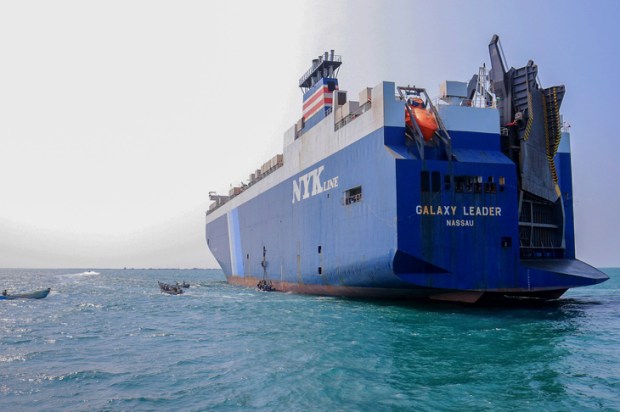There is a series of set moves in the playbook of totalitarian regimes to suppress dissent or silence inconvenient voices. All have been on display in China as Xi Jinping’s regime seeks to eliminate any alternative view to that of the ‘Great Helmsman’ of the nation. The events surrounding the tennis star, Peng Shuai, highlight the most obvious: people simply ‘disappear’. According to the human rights organisation, Safeguard Defenders, some 30,000 people are secretly detained each year. Many are kept in detention for months – even years – without public charges or access to legal representation. These disappearances have increased ten-fold since Xi became the leader of the CCP a decade ago. The most egregious cases are the millions of Uighurs that have been detained in ‘re-education’ camps in Xinjiang province, tortured and forced into slave labour. In Tibet, some 800,000 children have been forcibly taken from their parents to be educated in state-run boarding schools.
Even foreigners can find themselves dragged off by China’s state security officials, as two Canadians, Michael Spavor and Michael Kovrig, experienced when detained for two and a half years as hostages in retaliation for charges against the Huawei executive Meng Wanzhou. They were fortunate, being released after Meng returned to China from Canada where she was fighting extradition to the US, after she admitted involvement in unlawful payments to businesses in Iran. Meng’s return was feted on Chinese television without mentioning her admissions to US prosecutors. Since 2015, 16 Japanese citizens have been detained on vague charges including ‘espionage’.
No one travelling to China is safe, including journalists. Chinese-Australian news anchor and business reporter Cheng Lei and Chinese national Haze Fan of Bloomberg have been detained for over a year for alleged involvement in state security cases, a vague description used by the regime to arrest individuals. The audacity of the regime was on display during the Olympics when a Dutch journalist was dragged off-air during the Games opening ceremony in Beijing. The live television footage showed several security officials surrounding the journalist for the Dutch public broadcaster NOS Sjoerd den Daas before one of them grabbed him from behind. This was just an isolated event protested the compromised International Olympic Committee, despite reports of other incidents of harassment! Foreign journalists are an endangered species in China. The Foreign Correspondents Club of China has reported physical assaults, hacking, online trolling and visa denials. Many have left the country.
Nor are Chinese business leaders exempt from arbitrary detention. Billionaire company owner Xiao Jianhua was kidnapped in Hong Kong and his business empire acquired by the regime. Others, like Alibaba’s Jack Ma remain free, but their activities curtailed. Any support for free speech and democracy is quickly quashed, as the Hong Kong media proprietor Jimmy Lai discovered. Lai was jailed on dubious charges and his media company closed.
Xi’s regime has also used show trials and public confessions against its internal enemies. Under cover of Xi’s anti-corruption drive, prominent officials opposed to him have been detained and charged, usually on suspected violations of party disciplinary rules. Recently, four senior officials associated with Xi’s critic Sun Lijun were paraded on television after being dismissed from their posts and detained. In scenes reminiscent of Mao’s show trials of the Gang of Four in 1976, they made public confessions. Many China observers believe the events are linked to the intense power struggles within the CCP as Xi seeks to extend his tenure as General Secretary.
The CCP’s crackdown on free expression is being replicated in Hong Kong. Once a vibrant international hub, the city is being rapidly drained by the regime. Businesses are deserting the financial centre and hundreds of thousands of people seeking to depart, many for the UK. Communist apparatchiks are replacing school principals, textbooks are being changed, and the curriculum altered to reflect the communist ideology. Police, courts and the legislature are being directed according to the party. Any reminder of the brutality of the regime, such as public statues commemorating the victims of the Tiananmen Square massacre, have been removed.
Not content with arresting and prosecuting opponents, the CCP appears to be resorting to another move in the totalitarian playbook, the public denunciation, as Christians are pursued. The most prominent target of this campaign is Cardinal Joseph Zen, the emeritus bishop of Hong Kong. This gentle 90-year-old defender of the inherent dignity and liberty of the individual has been the subject of attacks in a series of articles in the Chinese liaison-office-owned Ta Kung Pao newspaper. The first article accuses the Cardinal of associating with Jimmy Lai and the former legislator Martin Lee, both Catholics who have supported democracy. Another piece claims similarities between the priest and practitioners of Falun Gong. Other articles claim that many of the pro-democracy demonstrators had studied at Christian schools. One quotes an Anglican priest and CCP apologist Rev. Peter Koon arguing for greater government regulation and control of churches. A further piece urges the extension of the Chinese Temple Ordinance to require registration, inspection and audit of Christian churches. All these articles seem directed at one outcome: the control of churches and Christian schools which educate many Hong Kong students. The then administrator of the Diocese of Hong Kong Cardinal John Tong Hon had already warned clergy to ‘watch our language’ in homilies following the passage of the wide-ranging National Security Law in June 2020.
Disturbingly, the Vatican has been silent throughout these events. In 2018, it signed a provisional agreement with the CCP on the appointment of Catholic bishops. When renewing the secret agreement in 2020, the Secretary of State Cardinal Pietro Parolin said the pact was ‘only a starting point’ for better relations between the two. There are suggestions that the Vatican may be considering establishing diplomatic relations with China, having transferred its representative from Taiwan to Africa. Yet millions of Catholics continue to be persecuted by the regime, along with the followers of other denominations and faiths. Among those who have ‘disappeared’ is Bishop James Su Zhimin, who was arrested in 1997. If the Vatican recognises China, it will be a betrayal of the very values of the Christian gospel. When Cardinal Zen flew to Rome to discuss the issue with the Vatican, he was denied a meeting. Others, including many Catholic legislators and public officials from around the world, have sought to engage Pope Francis about the grave situation for believers in China, but he has refused the requests. He has declined to meet the Dalai Lama. The pontiff has time to inform nuns that they should ‘fight’ against sexism in the church, as he did in a recent Twitter post, but he is voiceless about the persecution of millions of believers. His silence echoes around the globe.
Got something to add? Join the discussion and comment below.
Get 10 issues for just $10
Subscribe to The Spectator Australia today for the next 10 magazine issues, plus full online access, for just $10.
You might disagree with half of it, but you’ll enjoy reading all of it. Try your first month for free, then just $2 a week for the remainder of your first year.














Comments
Don't miss out
Join the conversation with other Spectator Australia readers. Subscribe to leave a comment.
SUBSCRIBEAlready a subscriber? Log in